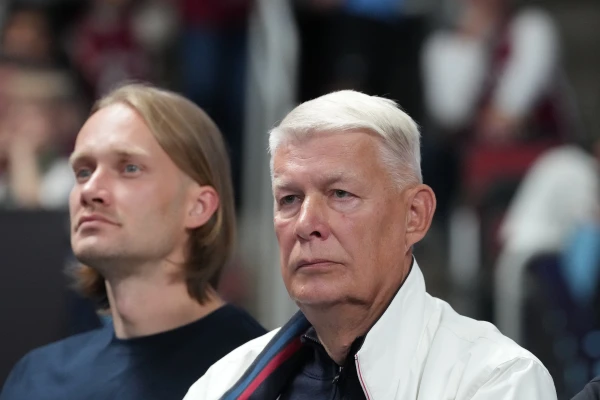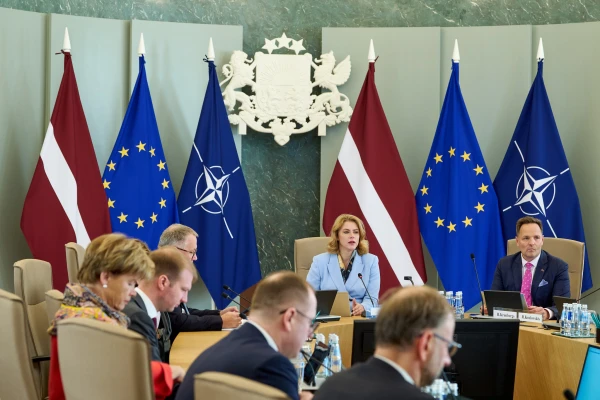
This week, the "Digital Front" conference will take place in Riga, organized by the NATO Strategic Communications Centre of Excellence, where experts from various countries will discuss the challenges of the modern information environment — from disinformation to the impact of artificial intelligence on society.
As reported on the program "900 Seconds" (TV3) by the director of the center, Janis Sarts, a new structural unit will also be presented at the conference — the Artificial Intelligence Laboratory, which will help address digital security issues in the future.
"We are currently in the process of selecting specialists — both in Latvia and abroad. We are looking for young, talented experts who are ready to look to the future," Sarts said. "This is a field where the labor market is very tight, but we already have collaborations with several leading artificial intelligence laboratories in Europe and the USA. We hope that together we will create new solutions."
The main task of the new laboratory is to research and develop technologies that will help protect society and state institutions from threats posed by AI in the information space.
"Artificial intelligence will determine what the information environment will look like in the near future. It will also be a factor that can influence who will win in future hybrid or cognitive wars (wars where the battlefield becomes the human mind)," Sarts emphasized.
The center aims to create systems capable of recognizing and analyzing content generated by AI, such as fake digital images. "We are already working on several directions — from protecting electoral systems to creating digital twins of society," he added.
Sarts acknowledges that in this rapidly changing digital environment, society may feel disoriented if there are no tools to help navigate.
"If we do not have tools that help users interact meaningfully and valuably with AI, we can quickly become lost. There are studies showing that AI can influence human thinking and even instill intentions without raising suspicion," he warns.
He also points out the paradox: the more people use AI, the harder it becomes to maintain independent thinking. "The best results are achieved when a person knows how to interact well with artificial intelligence. But it is important to remember that these models are particularly effective in psychological profiling — they can understand us very accurately and influence us," Sarts explains.
The "Digital Front" conference will take place on October 8 and 9 in Riga, bringing together security, technology, and media experts from NATO countries and partner states to discuss the digital front lines and the security of future communications.















Leave a comment